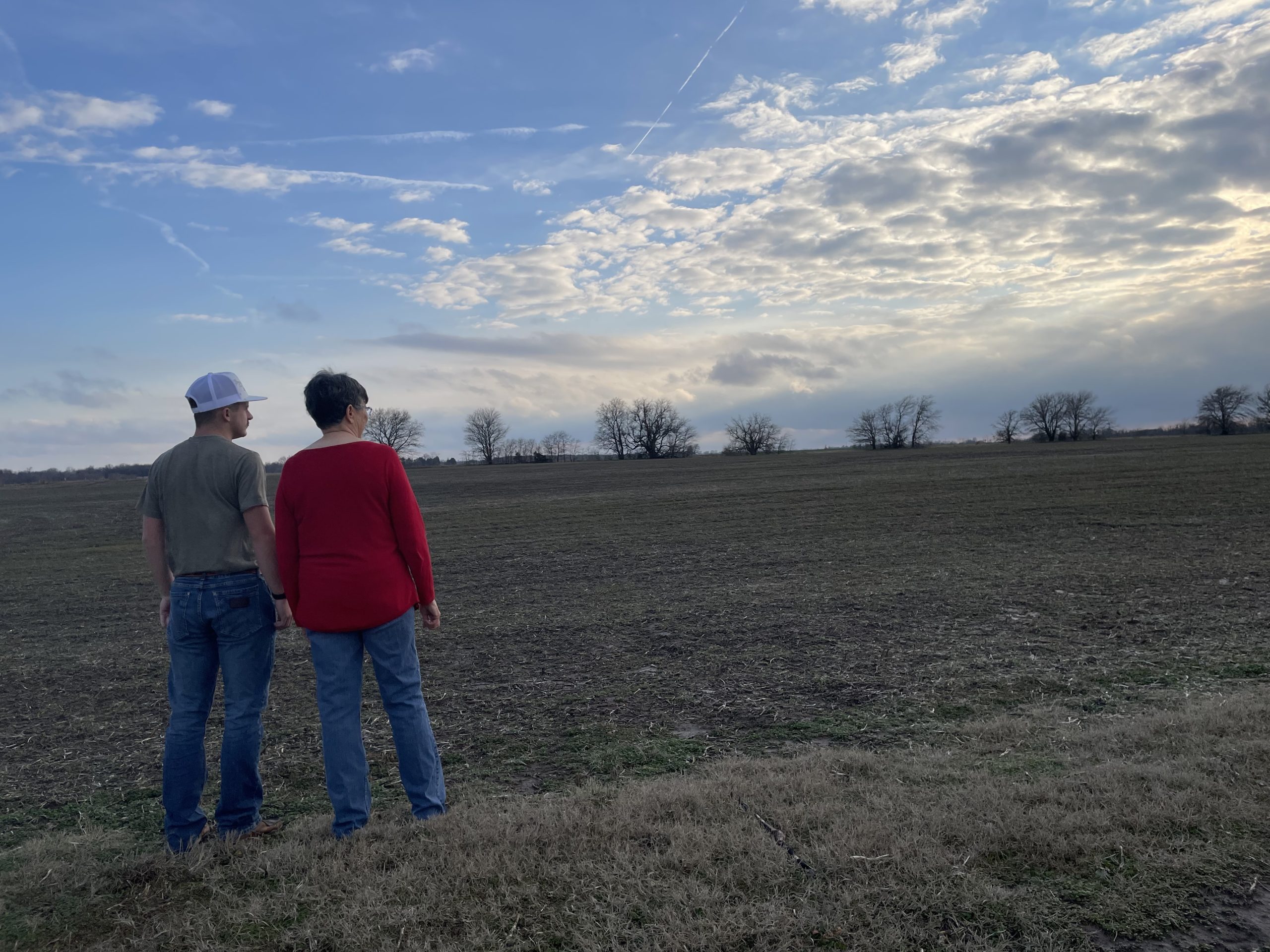On social media, ag advocate Brandi Buzzard recently asked the question, “Wouldn’t it be great if some farmers and ranchers cared more about preserving relationships in their generational operation than ‘preserving the farm and ranch’?”
For generations, when it comes to estate and succession planning, protecting the farm assets has been the main goal. This focus is understandable, as it’s about preserving not just assets, but a cherished way of life those assets have sustained. Unfortunately, this focus often destroys relationships amongst siblings and parents along the way.
“After mom and dad are gone, siblings might be able to make it work 70% of the time but the 30% of the time that they don’t—it’s devastating,” said Jim Angell, attorney-at-law with Kennedy Berkley, a Kansas firm with offices in Salina, Dodge City, Garden City, Hays, and Kansas City. Angell said that protecting the existence, continuance, and transition of the farm while being 100% equal to everyone involved is impossible especially if one or more siblings has stayed and continued farming while others have moved away.
There are a variety of ways to make the transition smoother. While these ways may not always preserve the relationships—because everyone handles grief and loss differently—they are more likely to be thought of as fair even if they are not equal.
Angell reiterates that his job is not to direct Kennedy Berkley clients how to transition their operations but rather to make sure their wishes are correctly carried out.
“We have a lot of experience dealing with farm and ranch issues,” Angell said. “So, we make suggestions and point out potential problems; but oftentimes clients have already witnessed the results of poor planning with other nearby farms.”
As farmers deal with rental ground that is divided up and sold or they see what their neighbors have gone through when the parents pass away, they develop very strong feelings as to how they do or don’t want their farm’s transition to go.
Trust in the trust
One option utilized for most operations is to put the farm assets into a revocable living trust. Angell said holding the ground in a short-term trust of five to 10 years after the parents’ death can give the farming sibling time to get their feet under them before they are required to buy the ground from the non-farming siblings. He said the purchase is usually made at a discount, for example the farming sibling will pay 70% of the ground’s appraised value.
“With land prices the way they are now,” Angell said. “If you don’t give that next generation of farmers a head start, you can’t do it.”
While this may not seem fair to the non-farming siblings, it needs to be considered that the farming sibling has likely worked on the farm for years, helping build value. The farming sibling will have to shoulder the risk of the operation. He or she will also likely take out a hefty loan to buy out siblings and keep the ground in production.
Some estate planners will try to sell longer term trusts—some up to 90 years—to farmers and ranchers because they know how much agricultural producers loathe selling ground. Angell cautions romanticizing the 90-year trust.
“The whole idea behind that is we don’t ever want this land sold,” he said. “If the trust goes on for too long it can create a lot of unintended consequences such as leaving a farming operation with an ownership group made up of kids, grandkids, and great grandkids that have little or no connection to the land and no clear direction on how to continue farming it. In the end it defeats the original purpose.”
Those non-farm siblings have a say in what becomes of the ground no matter what percentage they own. Joint ownership of one tract of land can bring on a sale if the non-farming sibling is more concerned about cash than continuance.
Angell said when landowners can’t agree on what is to become of the ground, a partition lawsuit may be filed by one of the owners—forcing the sale even if the sibling who wants to sell owns a smaller portion than the other sibling.
This is one example where nostalgia for a certain piece of ground may be convenient. Instead of splitting one tract of ground equally, assign a certain heir to a specific piece of land. This can possibly protect those relationships amongst family members and while some may still be sold off—other pieces will remain.
“I would be willing to bet that well over half of the ground that’s sold in Kansas is being sold because there are what I would call absentee landlords,” Angell said. “Or the ground is jointly owned by siblings who have differing views about what should happen to it.”
He reminds us that with land prices increasing at such a rapid rate, a one-time huge payout is more appealing to a non-farming sibling than collecting cash rent for the foreseeable future.
“There are a lot of family members who do not speak because of these fights over land,” Angell said. “That’s why you need to plan.”
Jennifer Theurer can be reached at 620-227-1805 or [email protected].



